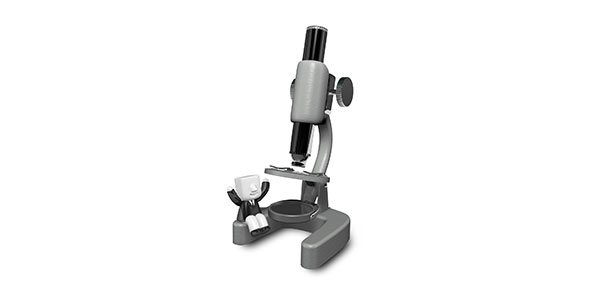Related Flashcards
Related Topics
Cards In This Set
| Front | Back |
|
Composite measure
|
Frequently used in quantitative research, for
several reasons. Two types of composite measures of variables—indexes and
scales. Scales and indexes can be used in any form of social research, but they
are most common in survey research and other quantitative methods.
|
|
Index
|
Type of composite measure that summarizes and rank-orders several specific observations and represents a more general dimensionExample; We might measure prejudice by counting the number of prejudiced statement each respondent agrees with.
|
|
Scale
|
A type of composite measure composed of several items that have a logical or empirical structure among them. I.E. Bogardus social distancee, Guttman, Likert and Thurstone scales. A scale takes advantage of differences in intensity among the attributes of the same variable to identify distinct patterns of response.Example; "Women should not be allowed to vote" shows a strong evidence of sexism."
|
|
Simple Addictive Index
|
?
|
|
Index Item Selection Criteria
|
?
|
|
Item Variance (Variance and Correlation)
|
?
|
|
Likert Scale
|
A type of composite measure developed by Rensis Likert in an attempt to improve the levels of measurement in social research through the use of standardized response categories in survey questionarres to determine the relative intensity of different items. Likert items are those using such response categories as "strongly agree", "agree", "disagree", and "strongly disagree". Such items may be used in the construction of true Likert scales as well as other types of composite measures.
|
|
Field Observation {Pros & Cons} vs. Experiments and Survey Research
|
?
|
|
Systematic Field Observation
|
Observation is systematic to the degree that plans for selection, provocation, recording and encoding are both explicit and preset, rather than either implicit or emergent. Observation qualifies more fully as field observation the more completely each of these plans is executed within a field setting. Observation is more naturalistic.
|
|
Field Thinking
|
?
|
|
Observation Advantages
|
?
|
|
Verstehen
|
To denote the understanding we have of human activities
|
|
Participant Observation Advantages
|
?
|
|
Participant Observation Disadvantages
|
?
|
|
Structured Field Interviews
|
?
|







